Today’s children will become adults in a world beyond the imaginations of their parents and teachers. Given such unprecedented uncertainty about the future, what should children learn?
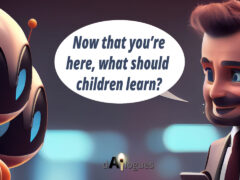

Today’s children will become adults in a world beyond the imaginations of their parents and teachers. Given such unprecedented uncertainty about the future, what should children learn?
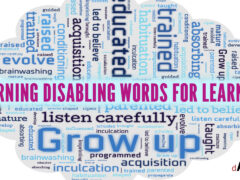
Misattributing the effects of learning to other causes can have profound consequences, not just for individual understanding but also for how we approach learning as a society.
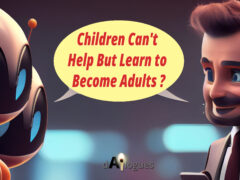
I understand that the way I talk about learning has the potential to contribute to existing misconceptions of learning and the acquisition of learned learning disabilities.
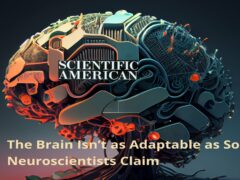
The Brain Isn’t as Adaptable as Some Neuroscientists Claim. The idea of treating neurological disorders by marshaling vast unused neural reserves is more wishful thinking than reality.
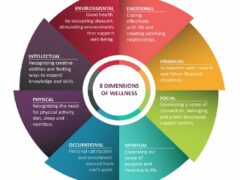
Look at the descriptions of each dimension. Each one depends on our learning. There may be aspects of each that are outside our agency, but within our agency, each one not only depends on our learning it is determined by our learning. This is what we need to learn. We are who we learn to […]
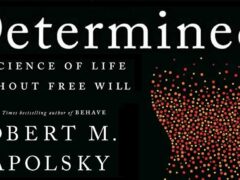
Stanford University professor Robert Sapolsky just released a new book called: Determined A Science of Life Without Free Will How could a field-leading behavioral neuroscientist claim we have no free will? He’s not being tricky. He has scientifically arrived at the conclusion that what we commonly call free will is an illusion. You can get […]
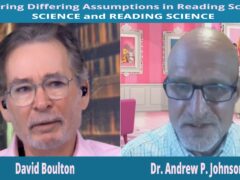
Dr. Andrew Johnson is a Reading Specialist and a Distinguished Faculty Scholar and Professor of Literacy at Minnesota State University. I, David Boulton, am a Learning Activist with Learning Stewards. Dr. Johnson and I have very different views about reading and the process of learning to read. We agreed to learn together and respectfully challenge […]
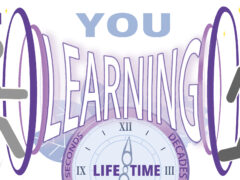
It’s Time to Awaken Your Learning Rewind your life twenty minutes or twenty years. Now ask yourself: “What’s the difference between my innermost me back then, and my innermost me now? What’s the difference in how I am who I am? What about ME has changed?” Now ask yourself: “Within what’s changed, what’s not a […]
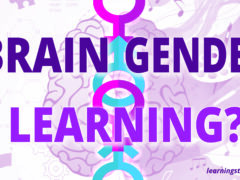
Learning genderizes our gender. Learning doesn’t determine gender – learning determines genderization.
Self-Reflection? The term “self-reflection” does not refer to our appearance in a mirror. It refers to focusing our attention inwardly, into ourselves. It’s about learning into who we are, how we are, and how we became and are continuing to become ourselves. In other words, self-reflection is a kind of learning in which we are […]
